- Home
- /
- Media
- /
- Internal News
The Practical Research Training Workshop for Early Childhood Educators Successfully Launched
Opening Ceremony: Gathering, Exploring, and Embarking on a New Journey
On the afternoon of July 14, the Practical Research Training Workshop for Early Childhood Educators, part of the Academic Research Capacity Enhancement Program, was officially launched at the Shenzhen Institute of the Chinese University of Hong Kong.
During the opening ceremony, Professor Yin Hongbiao provided an overview of the workshop's objectives and background, emphasizing the crucial role of enhancing research capacity among early childhood educators to improve preschool education quality. He introduced the distinguished team of instructors and warmly welcomed all participants, setting the stage for an inspiring and enriching experience.
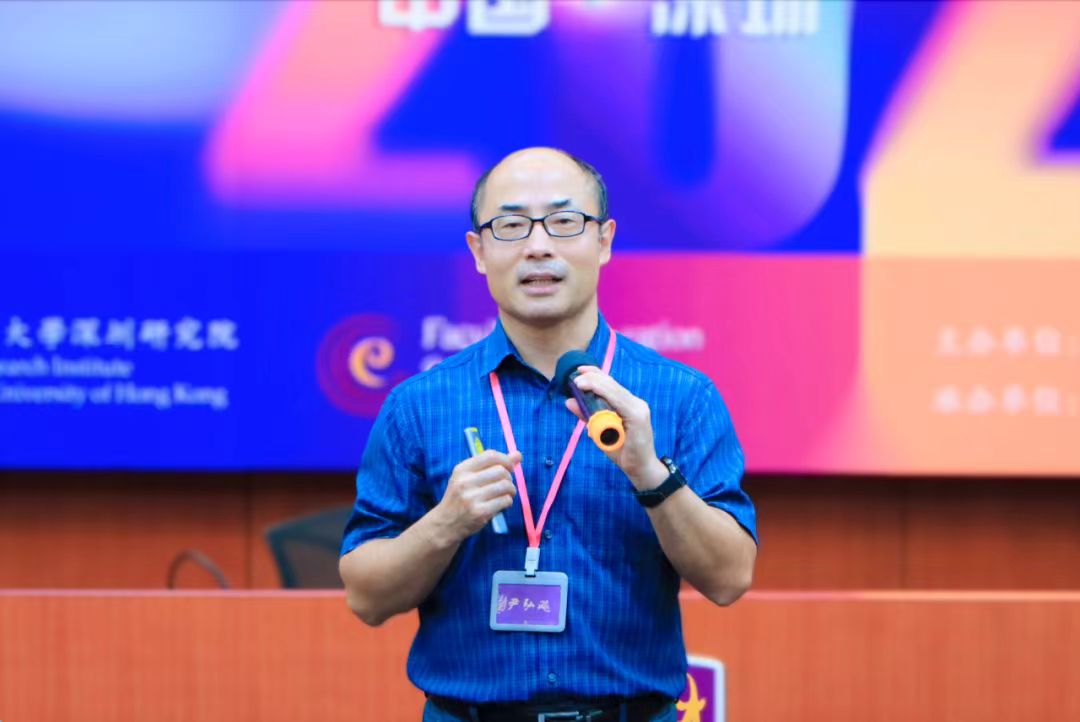
Dr. Wang Chan then presented a comprehensive overview of the workshop's curriculum, outlining the learning expectations and assessment methods. Taking into account the participants' diverse research interests, she organized them into eight study groups, setting the stage for collaborative, in-depth learning. PhD candidate Sun Yi led a fun and interactive activity titled "Missing Person Notice," where participants shared self-portraits. This activity effectively encouraged everyone to connect, quickly building a sense of camaraderie and teamwork.
As the ceremony concluded, participants and instructors came together for a group photo, symbolizing the official beginning of this shared journey of learning and growth.
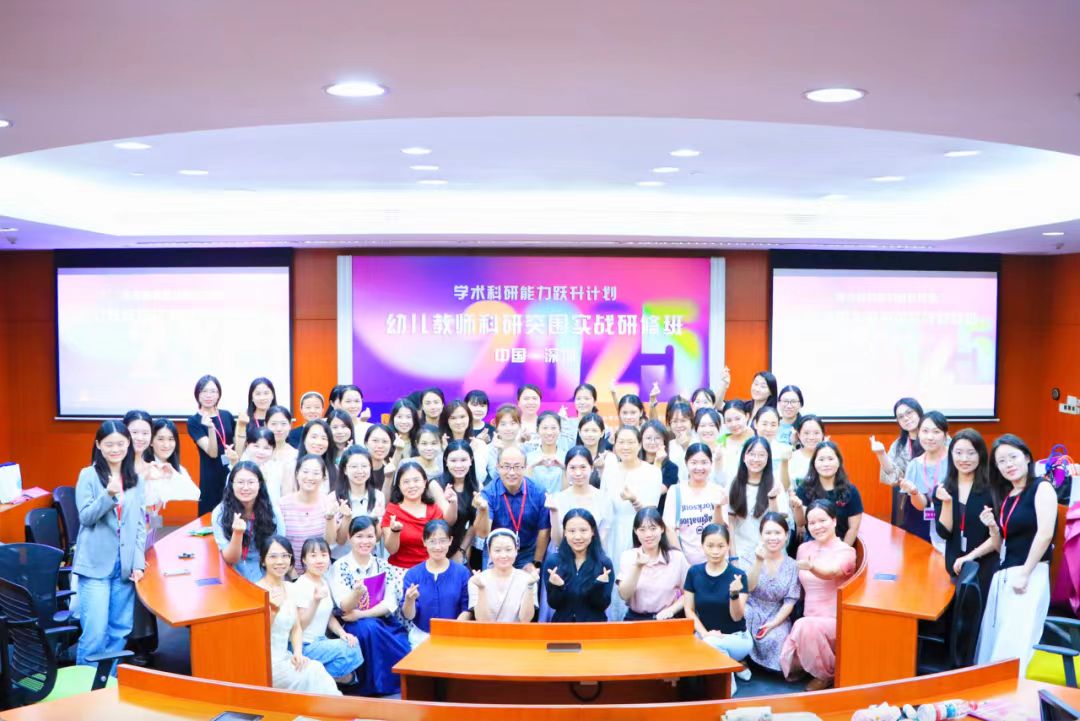
Workshop Series: Exploring Principles, Investigating Methods, and Pursuing Knowledge
On the morning of July 15, Professor Yin Hongbiao delivered a profound lecture titled "Investigating Things to Attain Knowledge: The Dao, Qi, and Shu of Educational Research." Drawing on The Great Learning from the Book of Rites, he delved into the dialectical relationship between principles (道), tools (器), and methods (術), illustrating how "principles shape tools, tools lead to principles, and methods refine understanding."
Professor Yin emphasized that educational research must be rooted in real-world practice, to identify fundamental problems, extracting core concepts from solid evidence, and ultimately using theory to inform and improve practice. He highlighted that the actual value of research lies not only in explaining reality but also in bridging the gap between theory and practice. He urged participants to anchor their inquiries in authentic educational contexts, encouraging a continuous pursuit of innovation through reflective, practice-driven exploration. 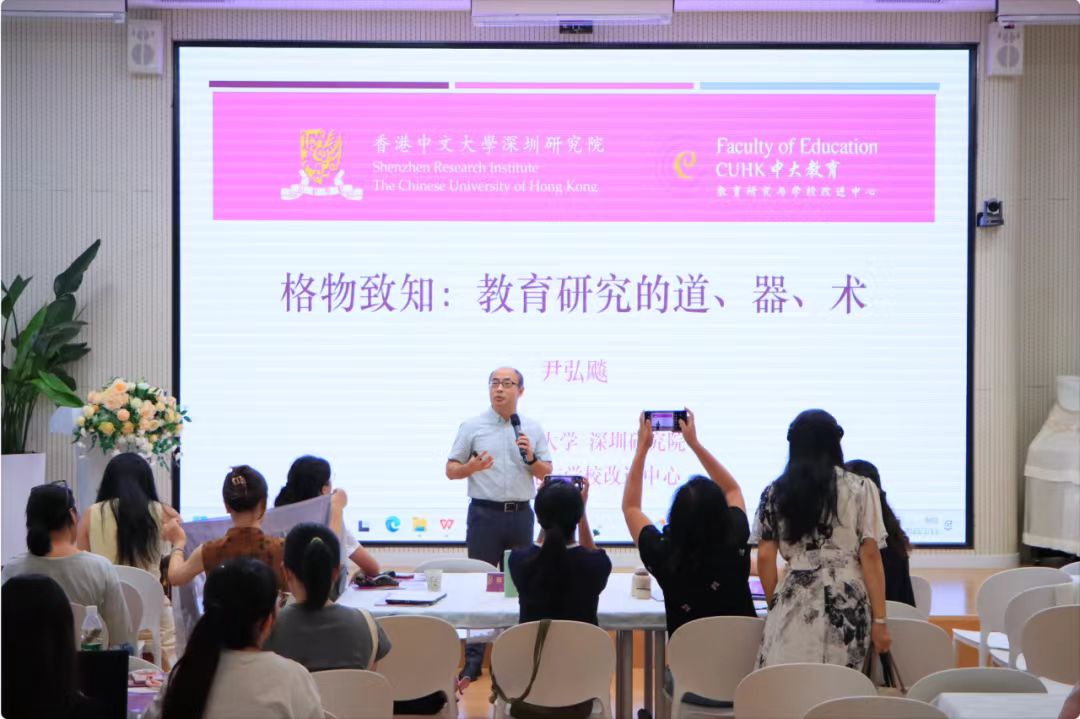
Following this, PhD candidate Yongjia Yu presented a lecture titled "Decoding Phenomena and Anchoring Research Topics: From Everyday Practice to Scholarly Inquiry." Using vivid case studies, she systematically outlined various strategies for generating research topics, encouraging participants to draw inspiration from both the real challenges they face in daily teaching and broader industry trends, as well as from long-term explorations in the field.
Yongjia Yu emphasized the importance of approaching topic selection as a form of "storytelling." She broke it down into multiple dimensions—such as context, target group, entry point, and research process—helping participants develop research topics and questions that are not only clear but also logically structured. 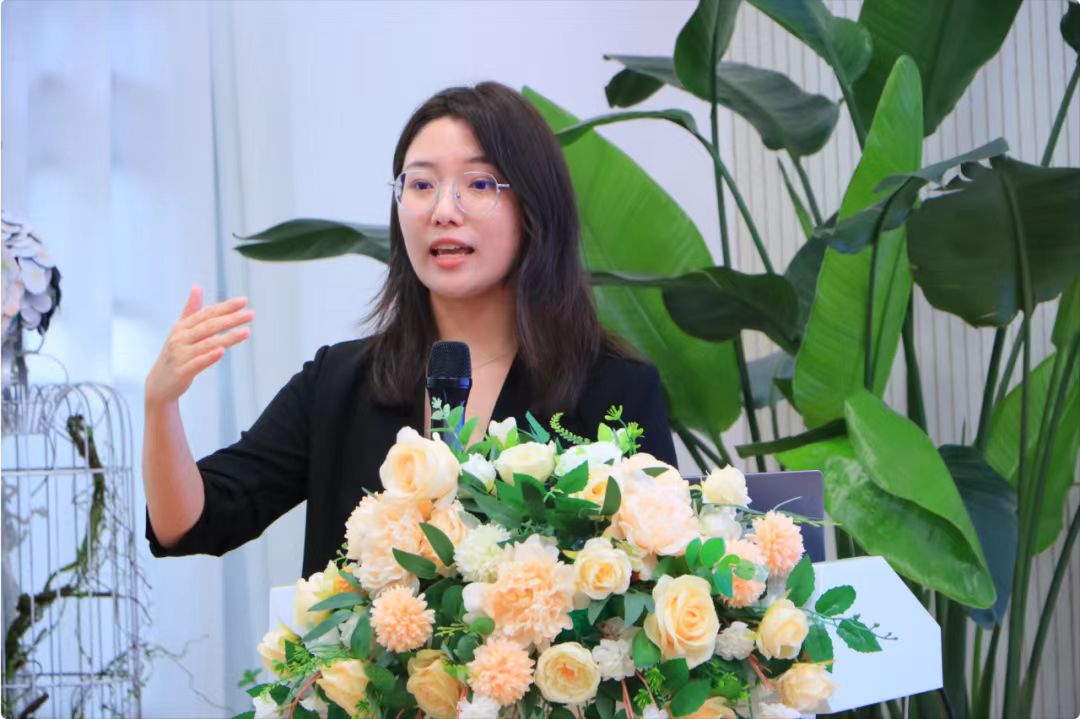
In the afternoon, Dr. Wang Chan delivered a highly anticipated lecture titled "Empowering Early Childhood Research with Generative AI," which became one of the standout moments of the workshop. She explored the potential value of AI technologies in educational research and addressed the common concern about whether AI could replace teachers. Dr. Wang emphasized the importance of approaching technological tools with critical thinking and ethical awareness.
During the session, Dr. Wang provided hands-on demonstrations, showcasing how both domestic and international mainstream generative AI tools can effectively support educators throughout the entire research process, from topic development to academic writing. 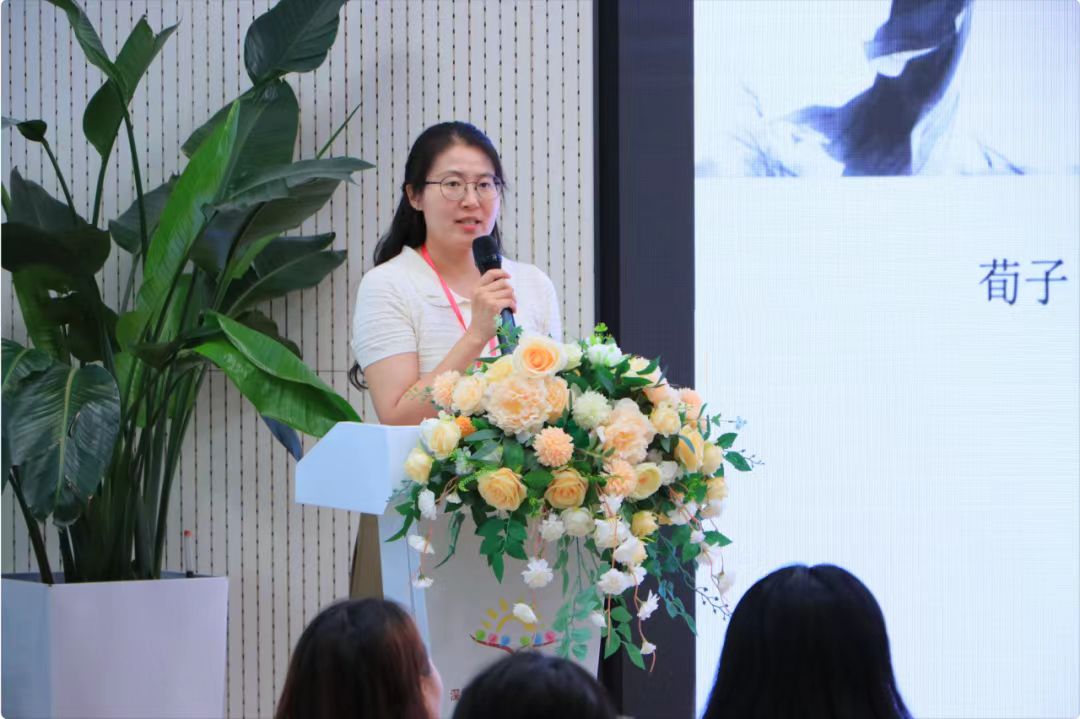
On July 16, Associate Professor Su Huili from Northeast Normal University delivered a thought-provoking lecture titled "From Practical Confusion to Theoretical Dialogue: An Exploratory Journey." She provided an in-depth analysis of common cognitive bottlenecks in early childhood education research, drawing on Wittgenstein's insight that "to see deep-rooted problems, one must uproot them entirely." Professor Su emphasized that educational research should go beyond mere operational procedures to uncover the tacit knowledge embedded in teachers' experiences.
Using vivid case studies from research in philosophy for children, Professor Su illustrated how educators can extract shared insights from children's diverse understandings of complex concepts, such as "freedom." She demonstrated how theory can take root and generate meaningful connections within real-world educational contexts, illustrating how it evolves through practical application. 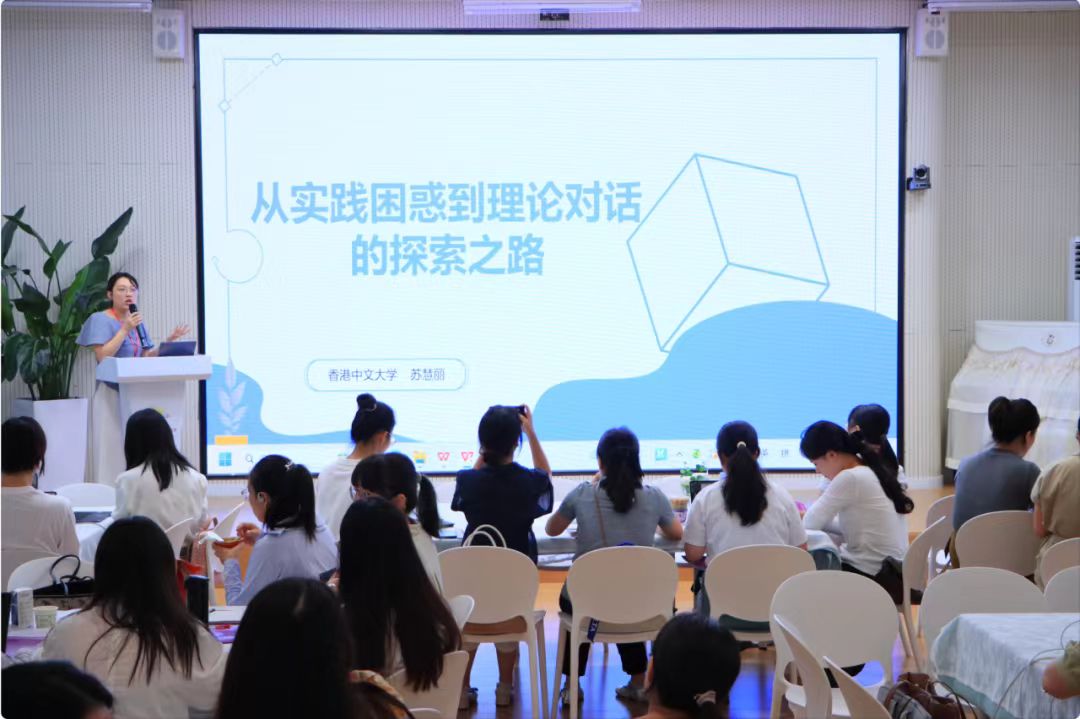
Following that, Dr. Qin Han delivered an efficient lecture titled "From Research Questions to Research Design: Using Grant Proposals as an Example." Addressing the typical confusion and anxiety teachers often face during the research application process, Dr. Qin systematically outlined essential strategies for proposal writing, tailored to the specific requirements of Shenzhen's Education Science Planning Projects. She emphasized key points such as "avoiding the invention of new terms" and "precisely defining the research entry point."
Dr. Qin focused on the core components of a research proposal. In the Research Questions section, she encouraged the use of clear interrogative sentence structures to convey logical progression. For the Literature Review, she advocated for a combined descriptive and evaluative approach, enhancing both depth and focus. In the Expected Outcomes section, Dr. Qin emphasized the importance of demonstrating the practical applicability of research results, prioritizing tangible indicators such as teacher professional development, curriculum innovation, and the creation of educational resources. 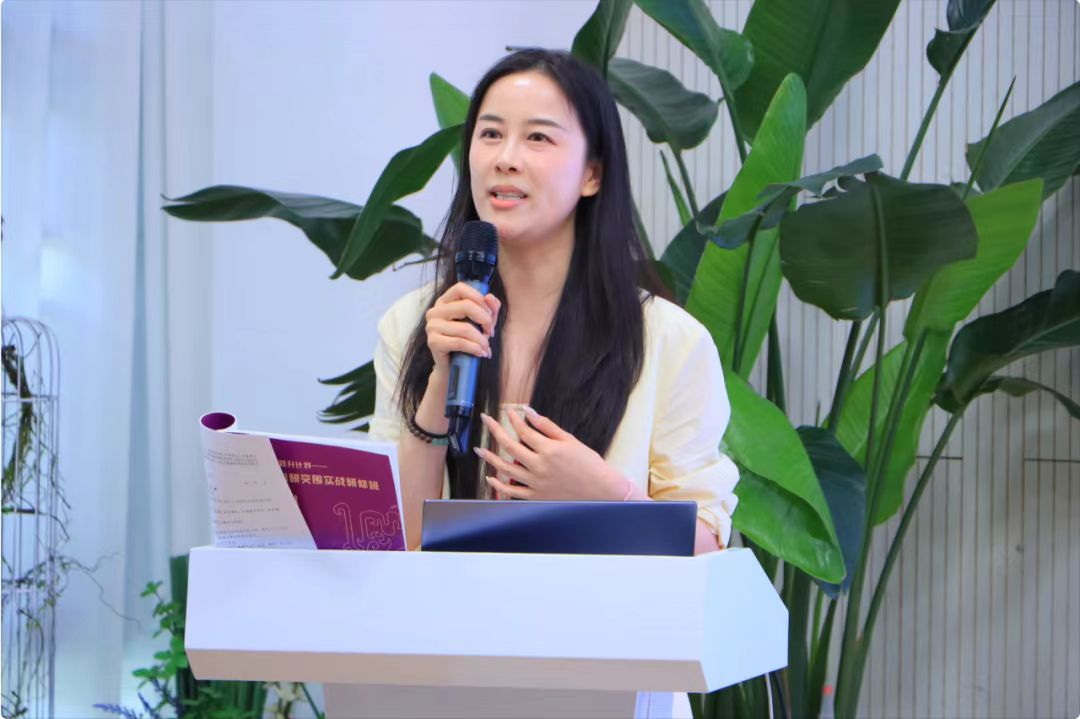
In the afternoon, Dr. Lu Qi delivered an insightful lecture on quantitative research methods, focusing on commonly used approaches, such as survey research and experimental research. She provided a step-by-step breakdown of the survey research process, covering key stages, including formulating research questions, selecting samples, designing questionnaires, and choosing appropriate scales.
Dr. Lu placed particular emphasis on the scientific validation process for scales, outlining critical steps such as dimension setting, item development, expert review, and pre-testing. She offered participants a clear, standardized, and highly actionable guide for conducting rigorous quantitative research. 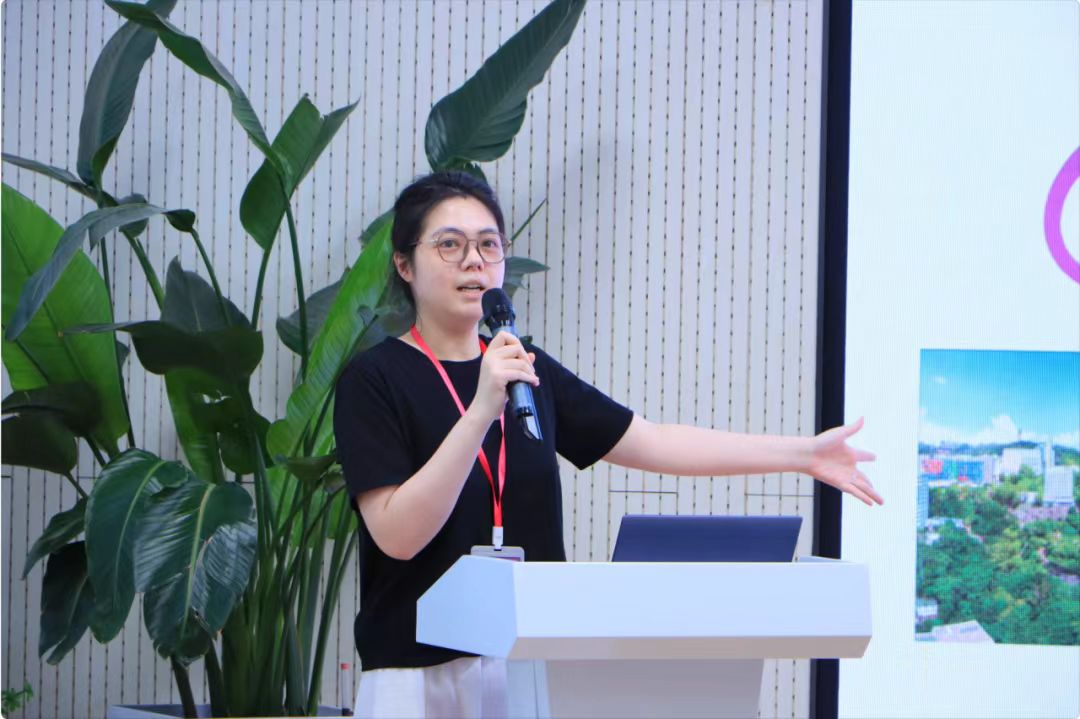
PhD candidate Jiang Wenyan then introduced the core methods and practical approaches for qualitative research. She began by explaining the foundational philosophy of qualitative research, where the researcher acts as the primary tool, engaging with participants in natural settings to gather diverse data and uncover the deeper meanings behind phenomena. She provided a thorough analysis of the three main applications of qualitative research: addressing mechanistic questions such as "how" and "why," exploring open-ended issues, and analyzing non-numerical data.
In the practical segment of her lecture, she demonstrated the core process of thematic analysis, using semi-structured interviews as an example. She introduced specific application paths, including the "three-step method" and the "five-step method," providing participants with a clear framework and essential operational skills. This allowed them to better understand how to apply qualitative research methods with greater feasibility and rigor in their studies. 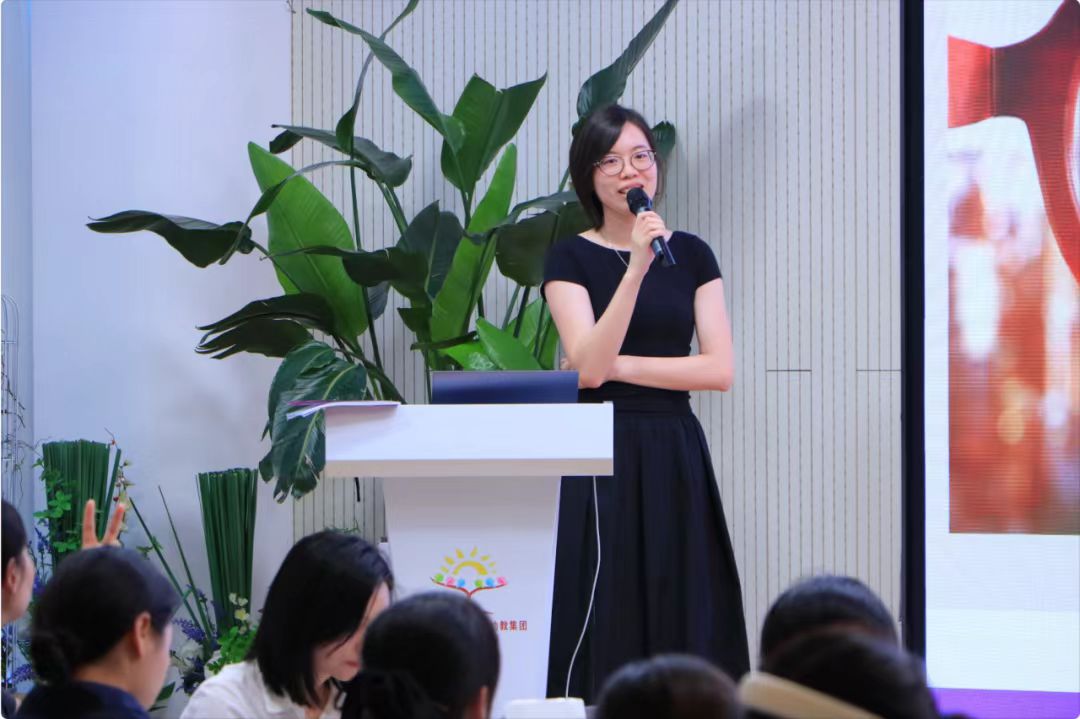
Closing Ceremony: Practice, Reflection, and New Beginnings
On July 17, the closing ceremony of the Shenzhen Workshop at the Chinese University of Hong Kong marked the successful conclusion of a four-day journey focused on enhancing research capabilities. Each group carefully designed and presented academic posters based on their research findings. After an hour of engaging discussions, supported by peer evaluations and mentor feedback, five exceptional works were selected for their innovative value and practical significance. 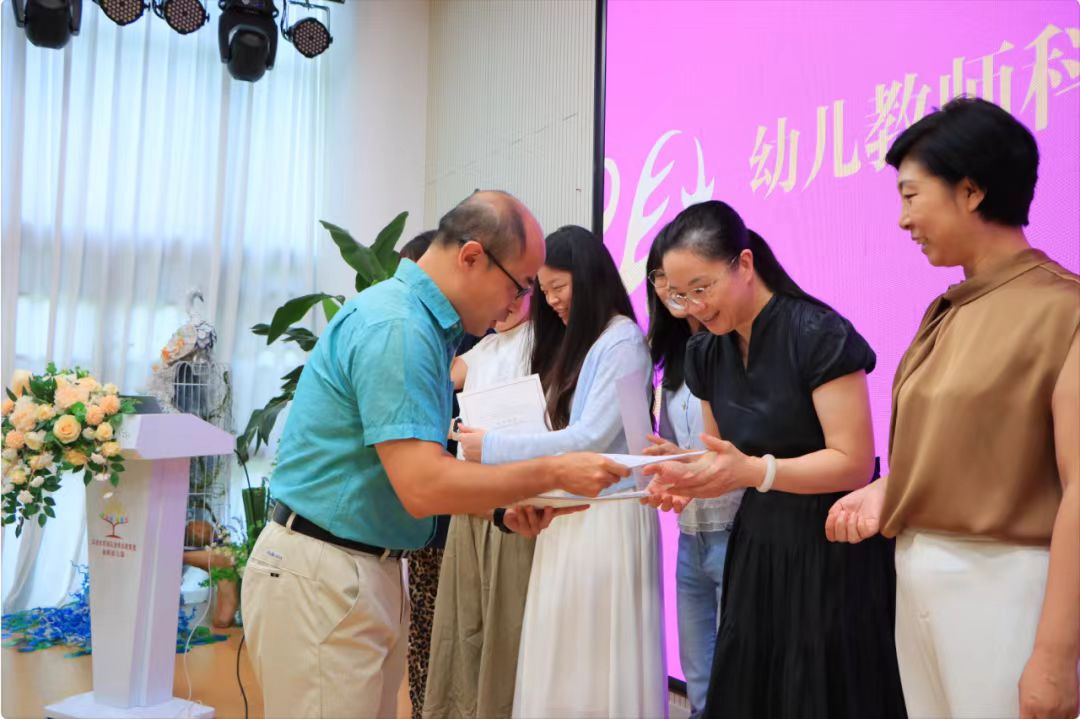
Subsequently, Professor Yin Hongbiao presented honor certificates to the winning teams and awarded completion certificates to all participants, recognizing their dedication and progress throughout the four-day journey of professional growth. Amid the laughter and applause during the group photo session, this empowering research experience came to a triumphant close.
This workshop series established a comprehensive research capacity enhancement loop through seven thematic lectures, offering dual support in both theory and practice for early childhood educators. A distinctive feature of the program was the introduction of the "dual-mentor support system," where each group was paired with a dedicated mentor who provided personalized guidance, helping participants navigate key challenges in thesis writing and research proposal applications.
The workshop centered on real-life scenarios and typical case studies, guiding participants in constructing a clear research framework, from problem identification to outcome presentation. Evening face-to-face Q&A sessions further enriched their understanding, allowing participants to refine their research ideas through ongoing feedback. This process resulted in the development of research plans that were scientifically rigorous, feasible, and practically significant, with initial results presented through academic posters. Ultimately, the workshop not only ignited the research potential of the educators but also established a strong foundation for their future professional development.







